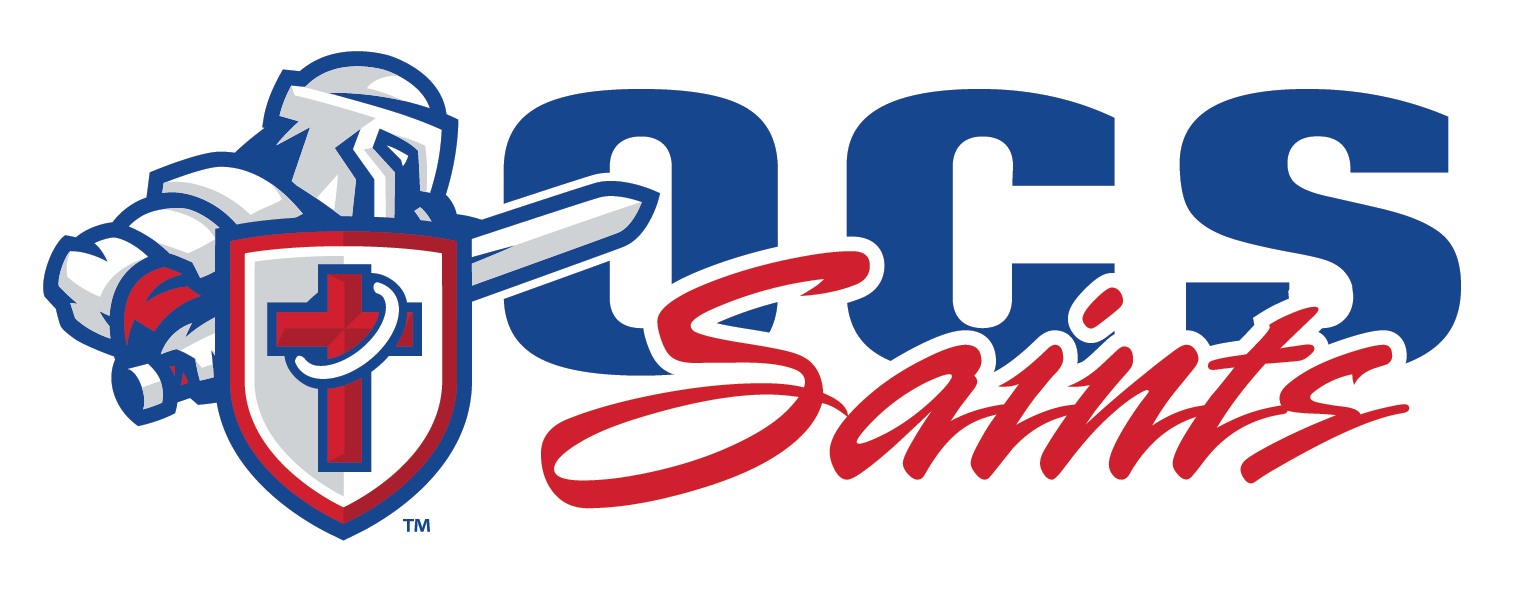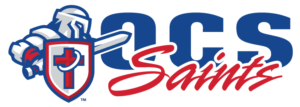Bible I (9th grade)
This course is a combination of hermeneutics (Bible interpretation) and Old Testament survey. To begin the year, students will complete a unit over hermeneutics and Bible study method, looking at how to interpret the Bible and what questions to ask when approaching the text of Scripture. Then, students will complete a survey of the Old Testament books, putting to practice what they have learned about Bible interpretation. Students will walk away from this course with confidence in their ability to study the Bible and knowledge of the major themes and events in the Old Testament.
Bible II (10th grade)
This course consists of a comprehensive study of the New Testament with special attention paid to various topics, ideas, and issues that apply to today’s teenage Christian journey in life. As time permits at the end of the second semester, major events in early church history will also be explored, so that students will see that God has continued to work in history even after the Bible was completed. In this course, students will search for Biblical guidance and learn from positive examples in church history to then implement in spiritual and physical relationships with the hope of developing into men and women of God.
Bible III/Worldview (11th grade)
This course begins with building a foundation of the understanding of what a worldview is (religious and non-religious) and building a worldview based on Christianity. Students learn about post-religious thought to gain an understanding of the layers of atheistic viewpoints in our society. The second semester is designed as a comprehensive survey of Christian theology and several other religions including Judaism, Islam, Buddhism, and Hinduism. Students will examine and compare these other religions to Christianity and in so doing will arrive at a greater understanding both of those religions and of Christianity itself. This understanding should strengthen the student’s faith in Christianity and equip him/her to dialogue lovingly and intelligently with members of other religions.
Bible IV-Apologetics (12th grade)
This course is designed as a comprehensive survey of Christian apologetics (or defending the faith) from both classic and contemporary standpoints for faith in Christ. Students will learn that Biblical Christianity is both logical and truthful. It also engages common challenges and objections that people offer to (1) belief in God, and (2) belief in Christianity. Students will leave the class with a better understanding of why they believe what they believe. The goal is to help them prepare to face challenges to their faith as they enter college and begin their adult lives, as well as, to give them a foundation to do what Peter commands all Christians to do in 1 Pet. 3:15, “give an answer to everyone who asks them to give the reason for the hope that they have, doing this with gentleness and respect.”
Concurrent Theology (11th-12th Grade)
This college-level course is an overview of Christian theology. In this course, students will examine the essential doctrines of the Christian faith and explore what the Bible teaches about each. The different doctrines that will be covered include the doctrines of God, the Bible, humanity, Jesus, salvation, the church, and the end times. This course is offered through Colorado Christian University and is taught by our teacher as a representative of CCU. Prerequisite: Must have a composite score of 20 on the ACT and subscore of 19 on the reading section; teacher recommendation considered.



